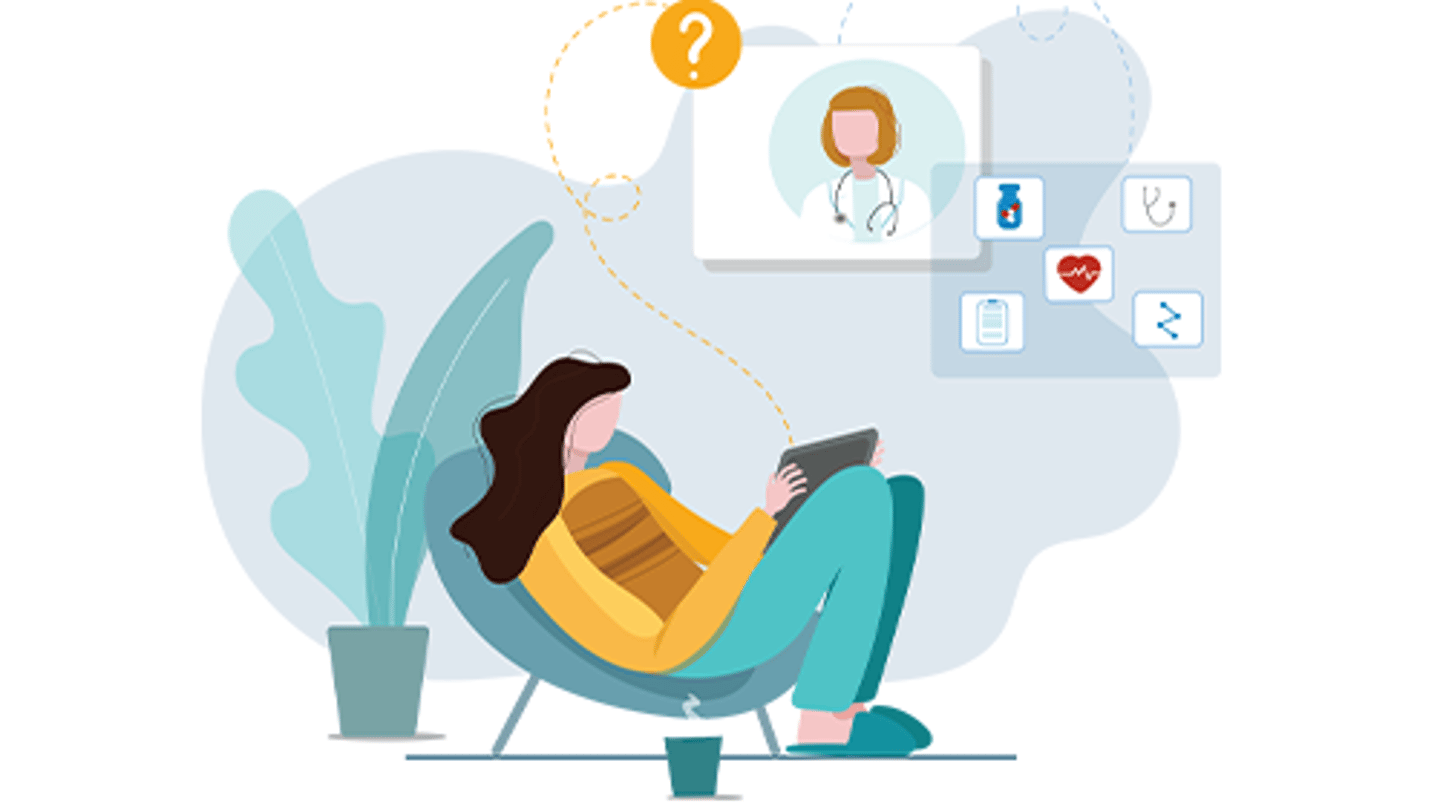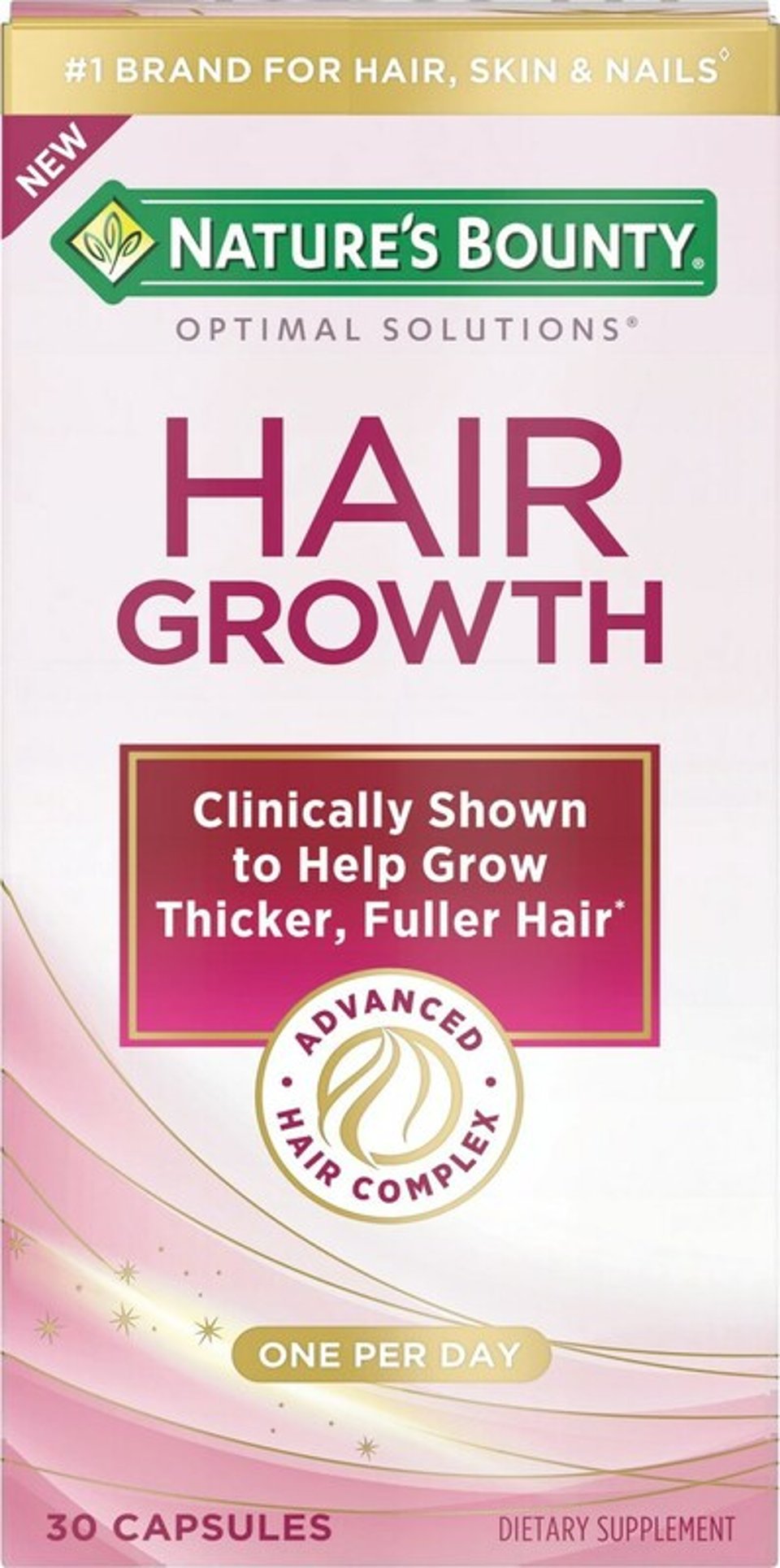Beyond pregnancy care
When it comes to women’s health, pregnancy care seems to get most of the attention. The average woman, however, spends most of her life—following the onset of menstruation—in a nonpregnant state. Women have unique health care needs, therefore, tied to menstrual-cycle, contraception and menopause concerns.
“Women’s needs have largely been ignored or not focused on historically,” said Bindu Shah, senior director, US Wellness Innovation for Haleon, a U.K. company with U.S. headquarters in Warren, N.J. “However, with the changing social backdrop of gender inclusivity and female empowerment [and] advances in science and technology, there is an increasing awareness of women’s health.”
That increasing awareness is leading not only to “more open consumer discussions” about menstrual health, menopause and other gender-specific health concerns, she pointed out, but also to more acceptance of these concerns on the part of society.
[Read more: Developments in digestive health]
“There is an increasing recognition that the impact on women’s health often has a cascading effect on children and older adults,” Shah added, noting that women are often caregivers.
What’s more, the COVID-19 pandemic prompted more women to make self-care a priority, said Brittany Dedman, head of Pamprin marketing for Chattanooga, Tenn.-based Focus Consumer Healthcare. In fact, approximately 25% of women are prioritizing their bodies’ natural processes now, post-COVID.
“Women are becoming more empowered to personalize their health and lifestyle and becoming more open to discussing it with others,” she said.
Thankfully, health care product companies have been listening to today’s women. They have been investing in innovation geared toward women’s unique health and wellness needs—beyond pregnancy care.
Minding the Cycle
According to the U.S. Office of Health & Human Services, the average woman experiences menstrual cycles for more than 40 years of her life. That’s a long period of time—and likely seems even longer to the many women who endure premenstrual syndrome (PMS), aches and pains and other challenges during their monthly cycle.
Recent innovations promise to help. For example, Bayer recently debuted Midol Heat Vibes for drug-free fast-acting relief from period-related back pain and cramps. As Kelly Fanning, general manager and vice president of the Whippany, N.J.-based Bayer Consumer Health/Pain division noted, women simply wear the heart-shaped disposable heat patches on the lower abdomen or lower back, underneath clothing, to get relief for up to eight hours. They can be used in addition to other medicinal or non-medicinal options.
For its part, Focus Consumer Healthcare is launching the Pamprin Botanicals Don’t Cramp My Style dietary supplement. Dedman said it helps treat PMS, as well as other period-related symptoms.
[Read more: Challenges to addressing health equity]
“We’ve developed a holistic approach to managing your period by treating the underlying symptoms while also masking more severe symptoms, if needed,” she said. “Our medicinal products, like Pamprin Multi-Symptom, stand well alone but also can be used in combination with the Pamprin Botanicals [Don’t Cramp My Style] supplement to take care of all symptoms in an empowering, just-for-you way.”
Fanning added that earlier innovations, too, can help women navigate their menstrual cycle challenges.
“We have a whole new generation who has not been exposed to our tried-and-true Midol products,” she said.
Preventing Pregnancy
Many women also worry about unwanted pregnancies during their menstruating years. Newer contraceptive innovations can help ease concerns.
One such option comes from Julie Products Inc., New York. The new company launched an emergency contraception product that offers Levonorgestrel (1.5 milligrams), an FDA-approved, progestin-only choice that temporarily delays or stops ovulation. Amanda E/J Morrison, cofounder and president of the company, explained that before the launch, existing products on-shelf were “clinical and cold,” promoting a “feeling of a ‘second walk of shame.’” In contrast, the Julie product’s packaging is “friendly,” “approachable” and attractive.
“People don’t want a morning-after pill that feels cold, clinical and shameful,” she stressed.
In April, the company launched the first-ever two-count emergency contraception packs in 5,600 CVS stores, Morrison added.
Managing Menopause
Healthcare product companies also are investing in innovation to help women navigate the challenges associated with menopause. In April, for example, Nashville, Tenn.-based pH-D Feminine Health introduced the Holistic Menopause Support supplement as part of a new portfolio of feminine health products. The capsules contain sage, rhubarb extract and concentrated creatine and are said to promote the reduction of discomforts such as hot flashes, irritability, mood swings, night sweats and brain fog.
And Nature’s Bounty, a Hoboken, N.J.-based Nestlé Health Science Company, just launched two products: the Nature’s Bounty Optimal Solutions hair growth and metabolism booster supplements. Although they aren’t specifically for menopause, they could provide some help to women experiencing menopause-related hair loss and/or weight gain. According to the company, the hair-growth supplement features arginine silicate and magnesium biotinate and is clinically shown to grow thicker, fuller hair within three months. The metabolism booster, meanwhile, boasts a clinically studied blend of citrus extracts, as well as black ginger extract, to help boost fat metabolism, reduce waist circumference and promote abdominal fat loss. (The FDA has not evaluated these statements, Nature’s Bounty noted.)
- Hungry for Information
How do women define wellness? Haleon, a U.K. company with U.S. headquarters in Warren, N.J., recently partnered research firm Human8 to find out the answer to that question, and more.
According to Deb Monahan, director, shopper insights and capabilities for Haleon, the companies spoke to hundreds of women across all age groups for the multi-phased study.
“A key priority of this research was to understand better what women’s wellness means, how they define it and how that might change across various stages of their lives,” she explained. “With this understanding, Haleon believes we can engage women in a more human, empathetic and relevant way—providing these consumers with meaningful and valued solutions throughout their life.”
Monahan pointed to a few noteworthy findings from the study:
Women’s definition of wellness is a combination of “physical, mental and emotional signals.” As they age, women reprioritize the signals—valuing “more long-term emotions such as connecting with friends” over “tangible, short-term actions” such as a workout.Almost half (45%) of women want to see more information about alleviating their menstruation symptoms, and 56% of women want to see more information about addressing menopause symptoms.
More than half (55%) of women wish they’d had more information when they first started having menopause symptoms.




